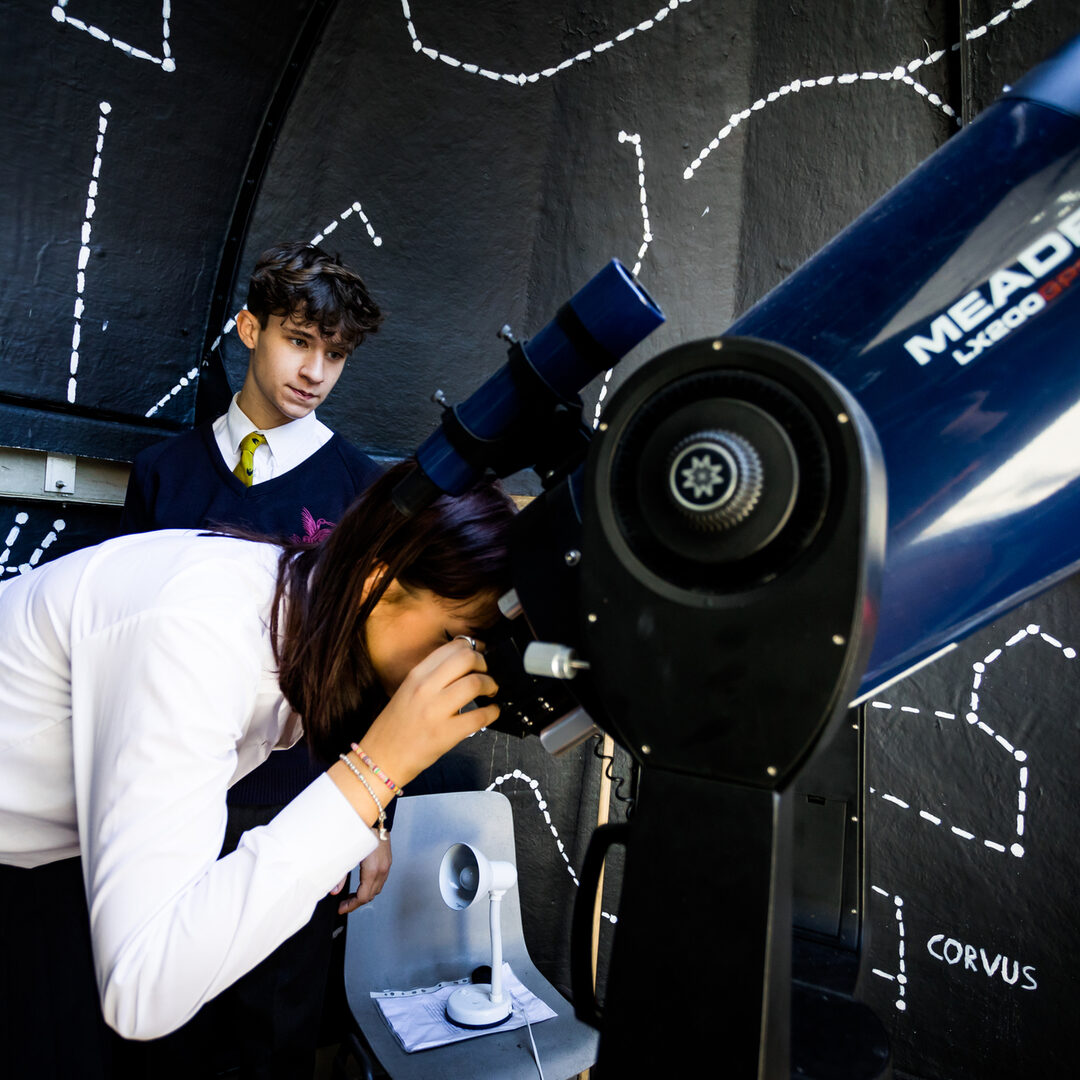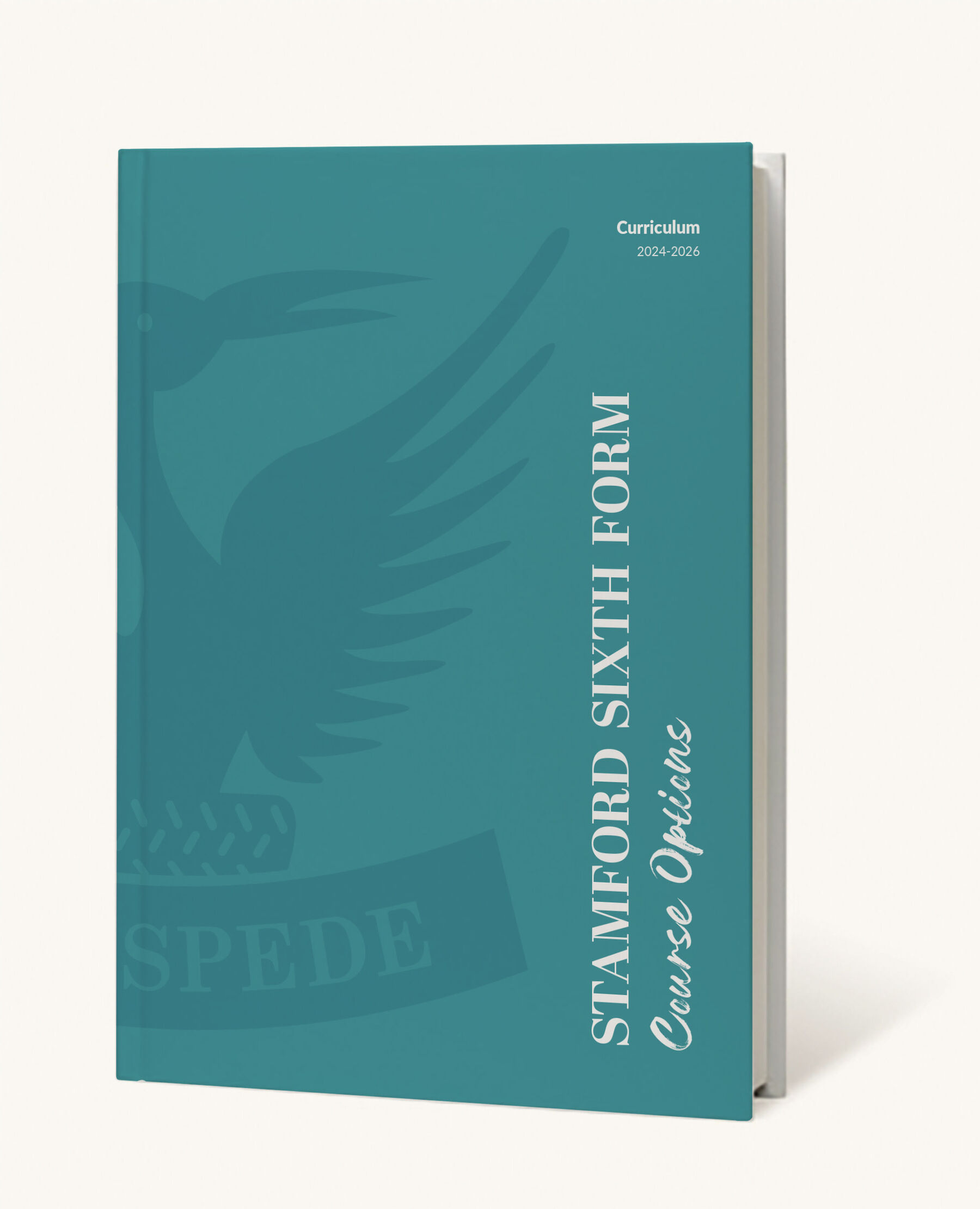
Book for our Discovery Mornings
Discovery Mornings are a chance to explore the Schools on a normal working day.
You and your family will tour the School in the company of one of our pupils and will meet the Principal and senior team over tea and coffee.
Junior School (Reception – Year 6):
Wednesday 15 May 8.45am – 10am
Senior School (Year 7 – Year 11):
Wednesday 15 May 10am – 11.30am
Spaces at a Discovery Morning are limited so that you can have as much time as you need to see the School at your own pace and discuss your child as an individual.



